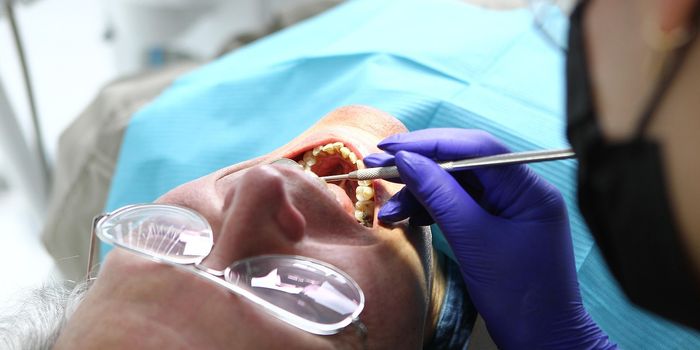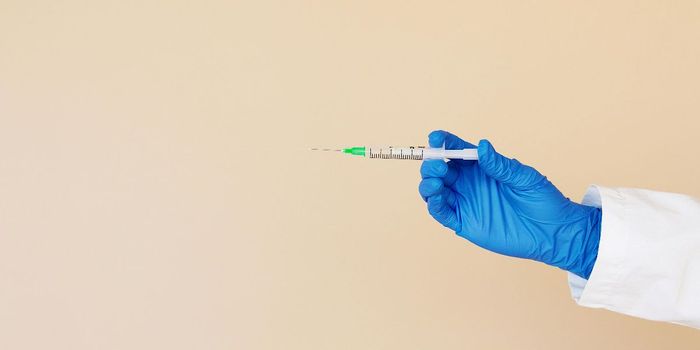An Oral Insulin Pill is Getting Closer
Diabetes is a chronic disease that requires constant monitoring. Patients have to check the level of sugar, or glucose in their blood, and inject insulin if it's high. Diabetics may also inject insulin on a schedule as part of a treatment regimen. These injections can be tedious, and sometimes patients need help with them. Diabetes is also impacting an increasing number of people around the world. These factors are raising demand for insulin that can be taken as a pill or simply ingested in some form. But drugs have to be absorbed by the body for them to be effective, so finding a way to properly deliver the insulin has been challenging.
Insulin is a large molecule, so when it is ingested, a lot of it gets destroyed by enzymes, then eliminated by the body. A team of scientists has recently made a breakthrough in creating a delivery system for insulin that uses nanoparticles. The researchers engineered a kind of lozenge that dissolves when placed between the cheek and gums. This way, all of the insulin that the lozenge contains is delivered to the liver; the insulin travels past the cells lining the inside of the cheek and back of the lips, moving through a membrane called the buccal mucosa and eventually reaching the liver.
The average insulin injection is about 100iu per shot, said first study author and graduate student Yigong Guo. Other ingestible tablets that are being developed go to the stomach, and may require as much as 500iu of insulin. All that wasted insulin was a "major problem" the team confronted.
“Similar to the rapid-acting insulin injection, our oral delivery tablet absorbs after half an hour and can last for about two to four hours long,” noted Dr. Alberto Baldelli, a senior fellow in the Pratap-Singh lab.
This study, which was reported in Nature, used a rat model. More research will be needed, as well as additional funding and collaborators, before clinical trials can be planned, noted Dr. Anubhav Pratap-Singh, a professor at the University of British Columbia.
A few months ago, a company called Oramed Pharmaceuticals, trying a totally different approach, said that they had enrolled all participants in their Phase 3 trial of an oral insulin pill they created, which is just called ORMD-0801 right now. The study has enrolled over 700 diabetes mellitus type 2 patients, who are on other medications that lower blood glucose; they will receive either the drug or a placebo. Results on the efficacy of that oral insulin pill are expected in a few months.
Sources: University of British Columbia, Nature









